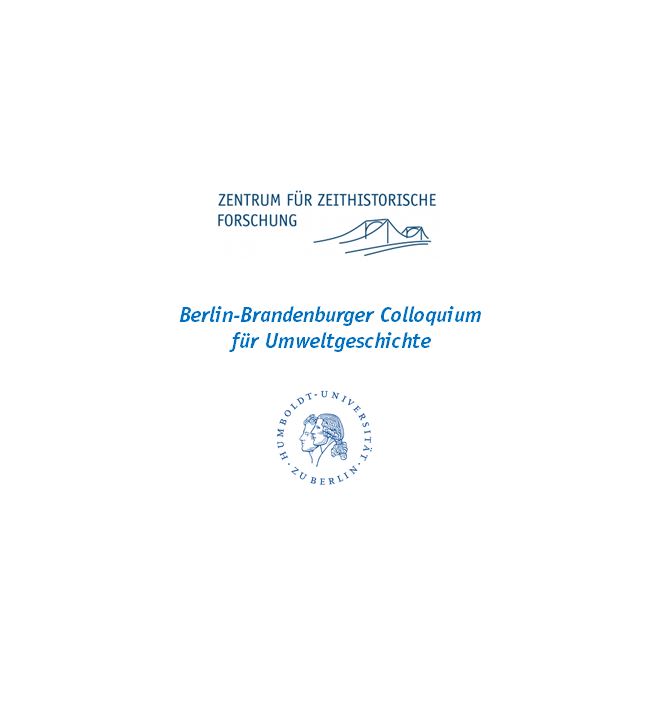Zeit: 18.00 (c.t.) - 20.00 Uhr
Vortrag im Rahmen des Berlin-Brandenburger Colloquium für Umweltgeschichte
Julia Mariko Jacoby (Berlin / Freiburg): Prediction for Planning: How Catastrophism Became Part of Japanese Disaster Policy Making 1892-1978
Although the goal of precisely predicting an earthquake eludes seismologists to this day, and is deemed impossible by some, earthquake prediction has been a crucial field of seismology in earthquake prone countries, especially Japan. The Japanese government set earthquake prediction as a research goal as soon as it began to assume disaster preparedness as its duty with the establishment of Imperial Earthquake Investigation Committee in 1892. Roughly twenty years later, in 1905, Imamura Akitsune became the first seismologist to use catastrophic scenarios to try to influence policy makers with regard to disaster preparedness – without success.
Earthquake prediction in Japan reached its peak with a large-scale research project implemented in 1965, shortly after the Basic Disaster Countermeasures Law had systematized disaster preparedness in 1961 by stipulating local planning against disasters. These efforts culminated in the Large-Scale Earthquake Countermeasures Act in 1978, an unprecedented preparedness plan that followed scientists’ discussions about a presumed megaquake near the densely-populated southern coast of Japan.
The development of earthquake prediction was closely linked to the establishment of state-driven disaster preparedness in Japan, which heavily relied on planning and technocratic solutions. Policy makers needed scientists not only to warn the public but to assess the location and severity of potential earthquakes. In return, scientists tried to influence policies by drawing out catastrophic scenarios. A long-term perspective on Japanese earthquake prediction can add a layer to the discussion of how catastrophism became a tool to influence environmental policy making.
Short Bio:
Julia Mariko Jacoby is Predoctoral Fellow at the Max Planck Institute for the History of Science, Berlin. Her PhD project, Disaster Preparedness in Japan and Global Transfer of Knowledge, 1890-1970, analyzes the impact of natural disasters on Japanese society and the implementation of strategies against them, and thus traces the development of the modern disaster preparedness system in Japan, setting it into the context of global expert knowledge production and circulation of disaster related knowledge.
She received an M.A. from the University of Freiburg in Modern and Contemporary History, Latin and Geology in 2013 and conducted her fieldwork for her PhD based at the University of Osaka from 2015 to 2017. She has an article forthcoming on the Establishment of Tsunami Preparedness in the Pacific in the Japanese Shigaku Zasshi.
Humboldt-Universität zu Berlin
Friedrichstraße 191-193, Eingang Friedrichstr.
Lift in den 4. Stock, Raum 4026
10117 Berlin
Konzeption und Organisation des Berlin-Brandenburger Colloquiums für Umweltgeschichte (Sommersemester 2018):
Dr. Jan-Henrik Meyer (University of Kopenhagen/ZZF Potsdam)
Dr. Astrid M. Kirchhof (Humboldt-Universität zu Berlin)
Eintritt frei | keine Anmeldung erforderlich
Dr. Jan-Henrik Meyer
Zentrum für Zeithistorische Forschung Potsdam
Am Neuen Markt 1
14467 Potsdam
Email: j [dot] h [dot] meyer [at] hum [dot] ku [dot] dk (j[dot]h[dot]meyer[at]hum[dot]ku[dot]dk)
Dr. Astrid M. Kirchhof
Humboldt-Universität zu Berlin, Institut für Geschichtswissenschaften
Lehrstuhl für Neueste und Zeitgeschichte, Prof. Dr. Martin Sabrow
Büro: Mohrenstraße 40, 10117 Berlin
Email: astrid [dot] m [dot] kirchhof [at] geschichte [dot] hu-berlin [dot] de (astrid[dot]m[dot]kirchhof[at]geschichte[dot]hu-berlin[dot]de)

